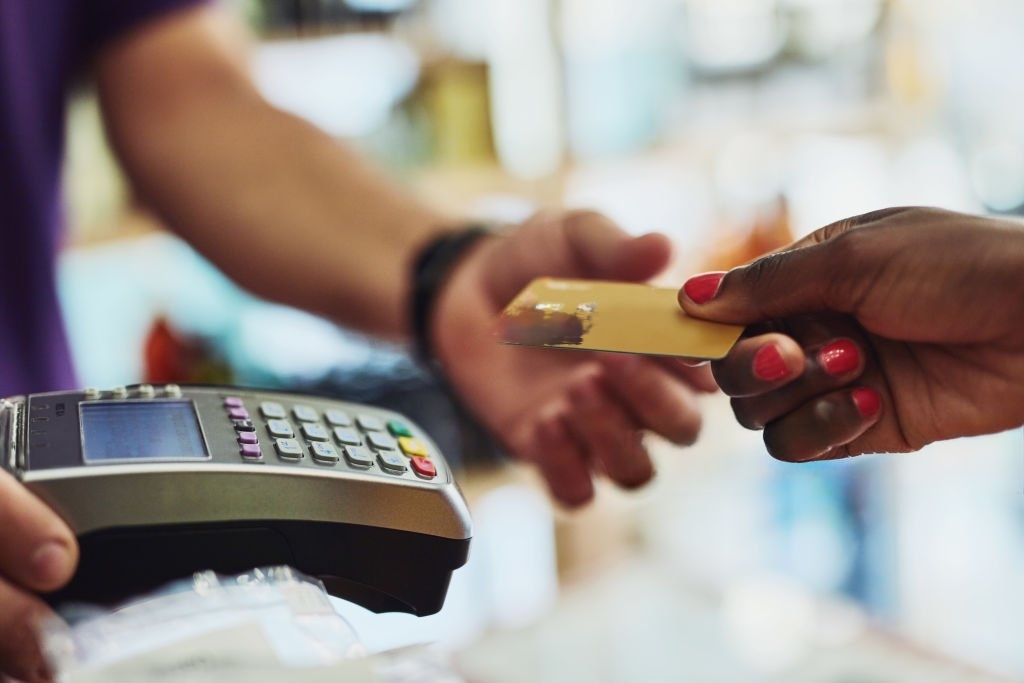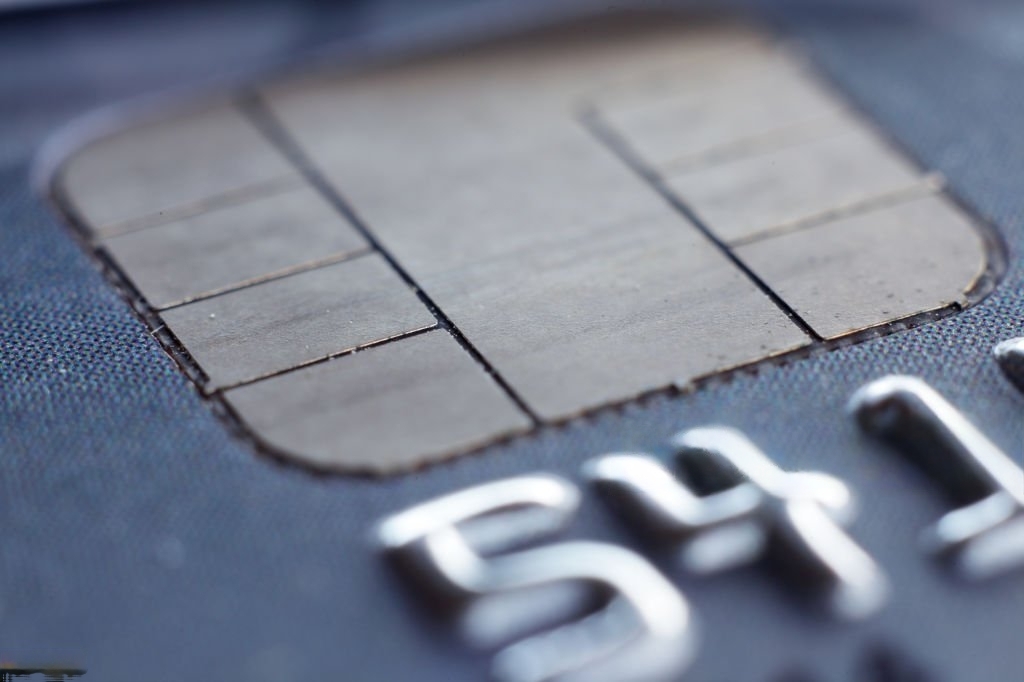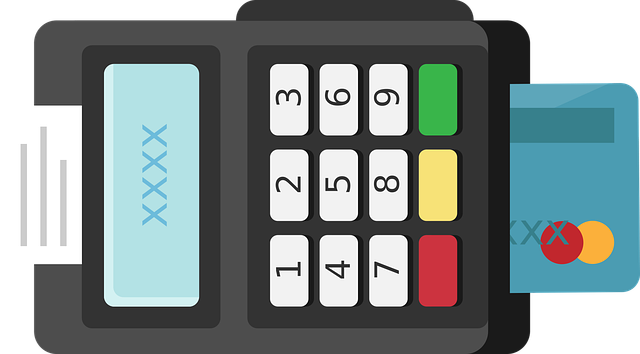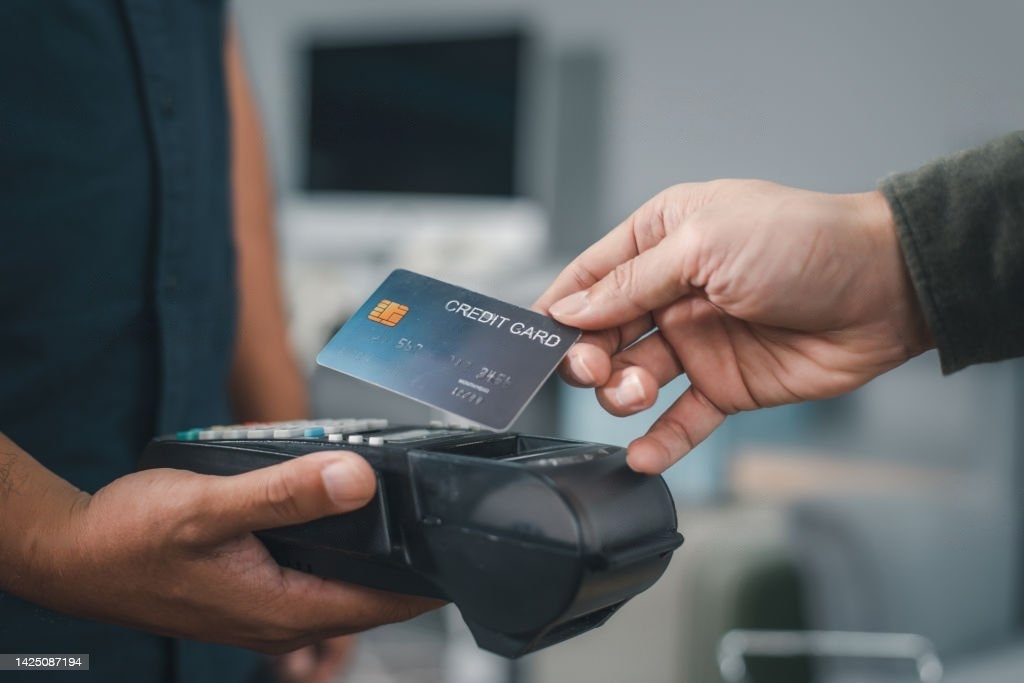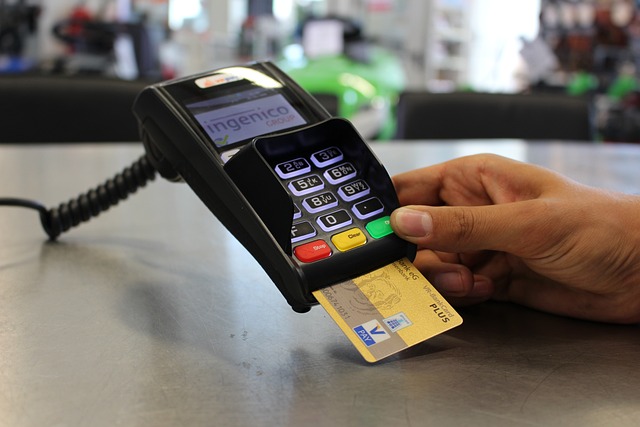As an online business owner, it’s important to consider the various ways that your customers can make payments online. Your payment processing tools will sometimes be the difference between whether or not you make a sale, and choosing the right merchant account will allow you to make the process as easy as possible for your customers.
Do You Need a Merchant Account for Website Transactions?



